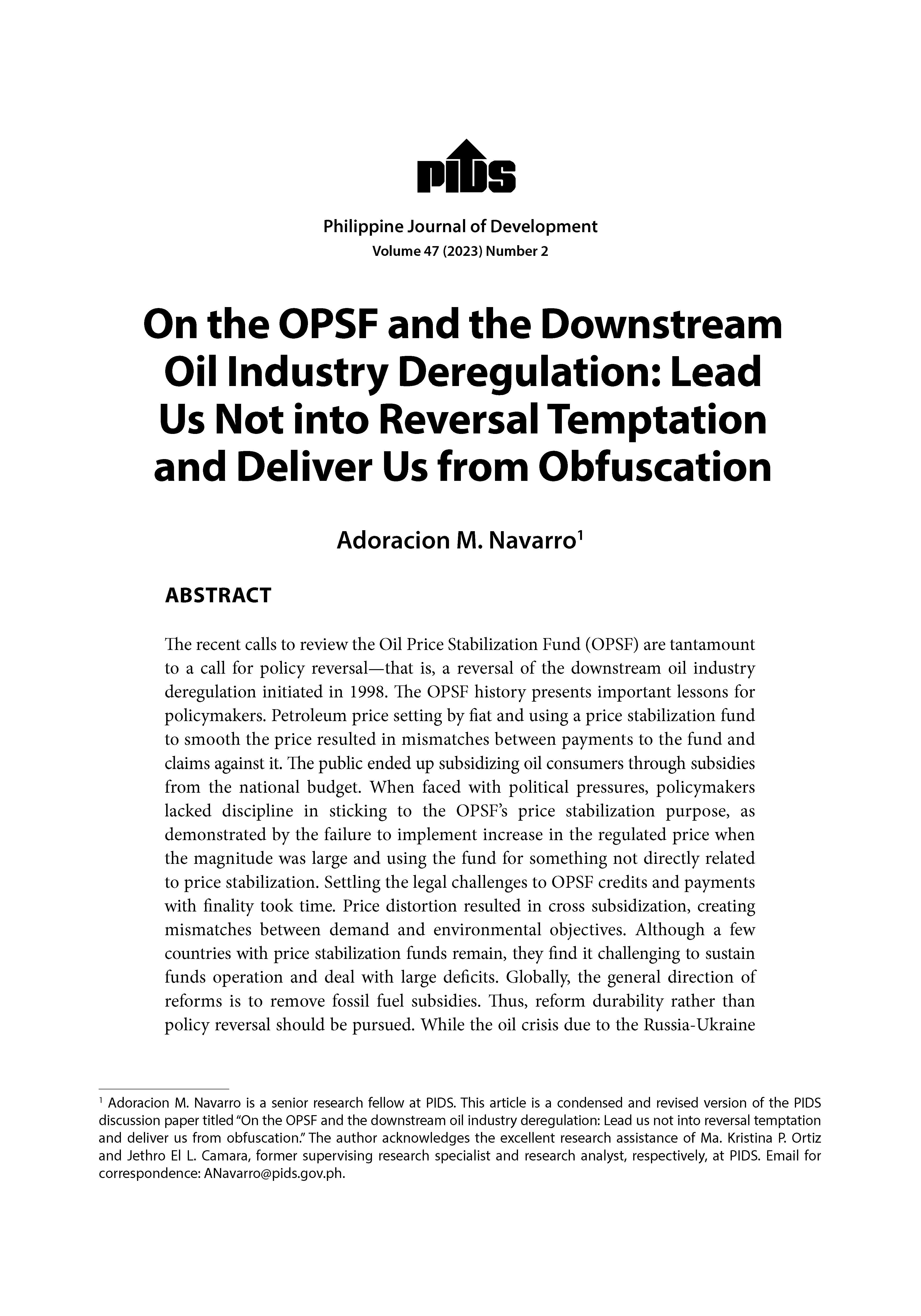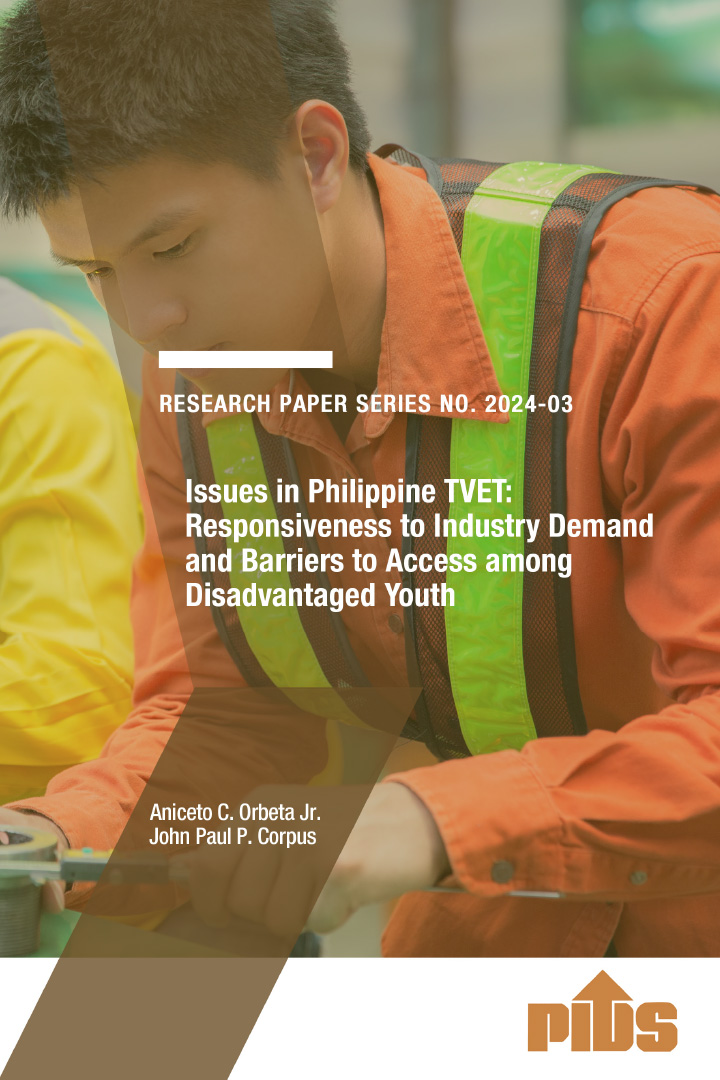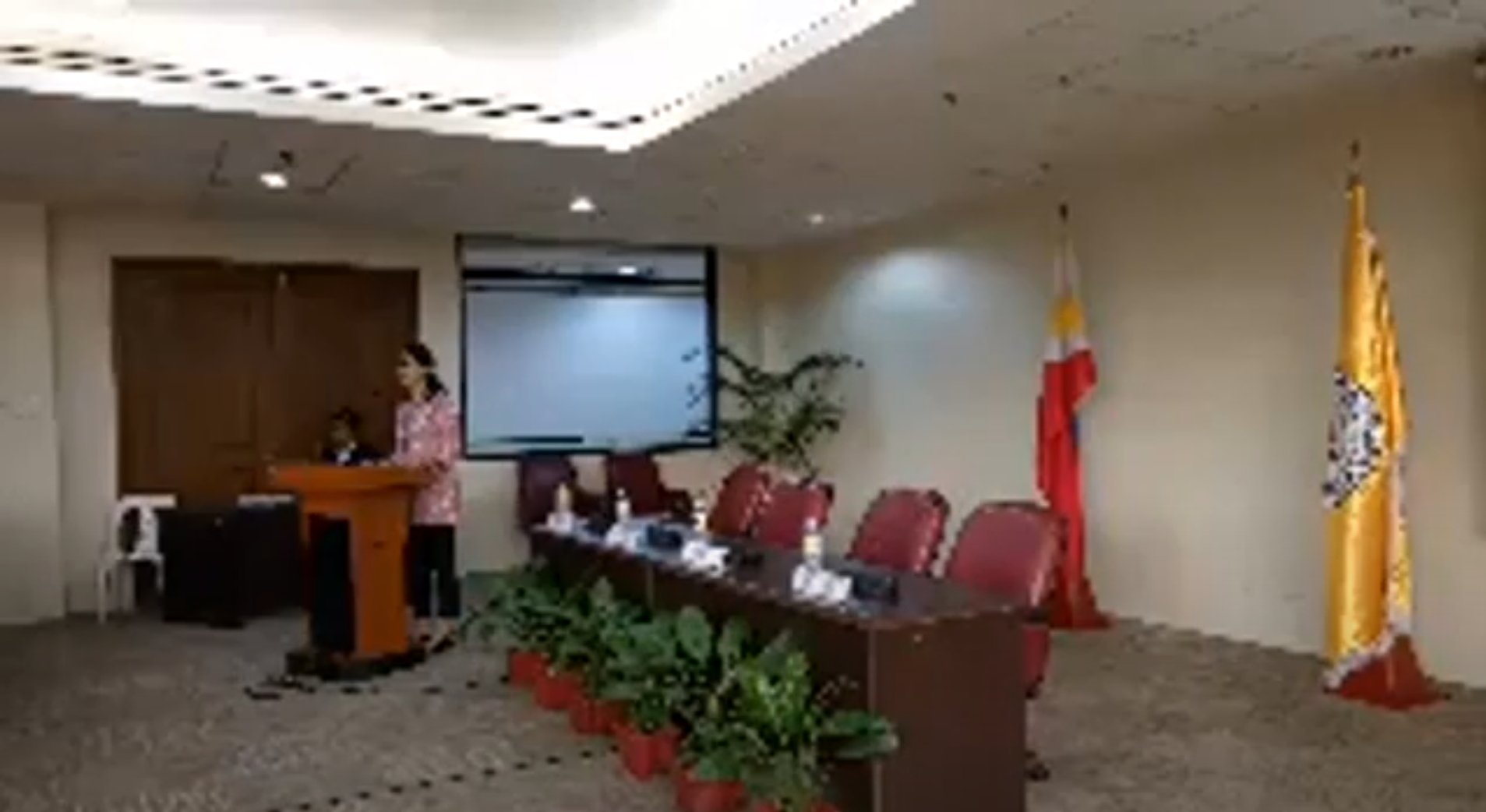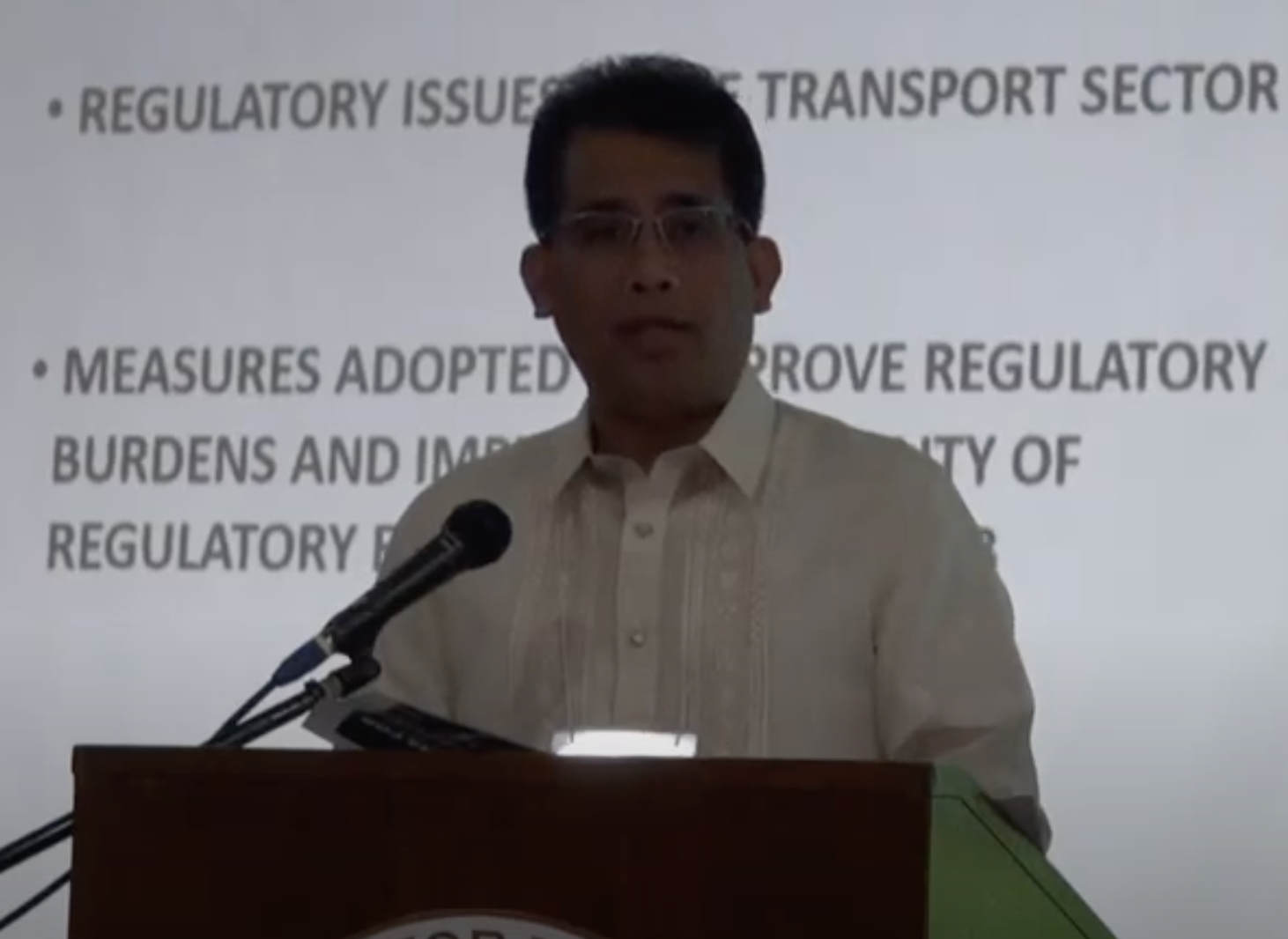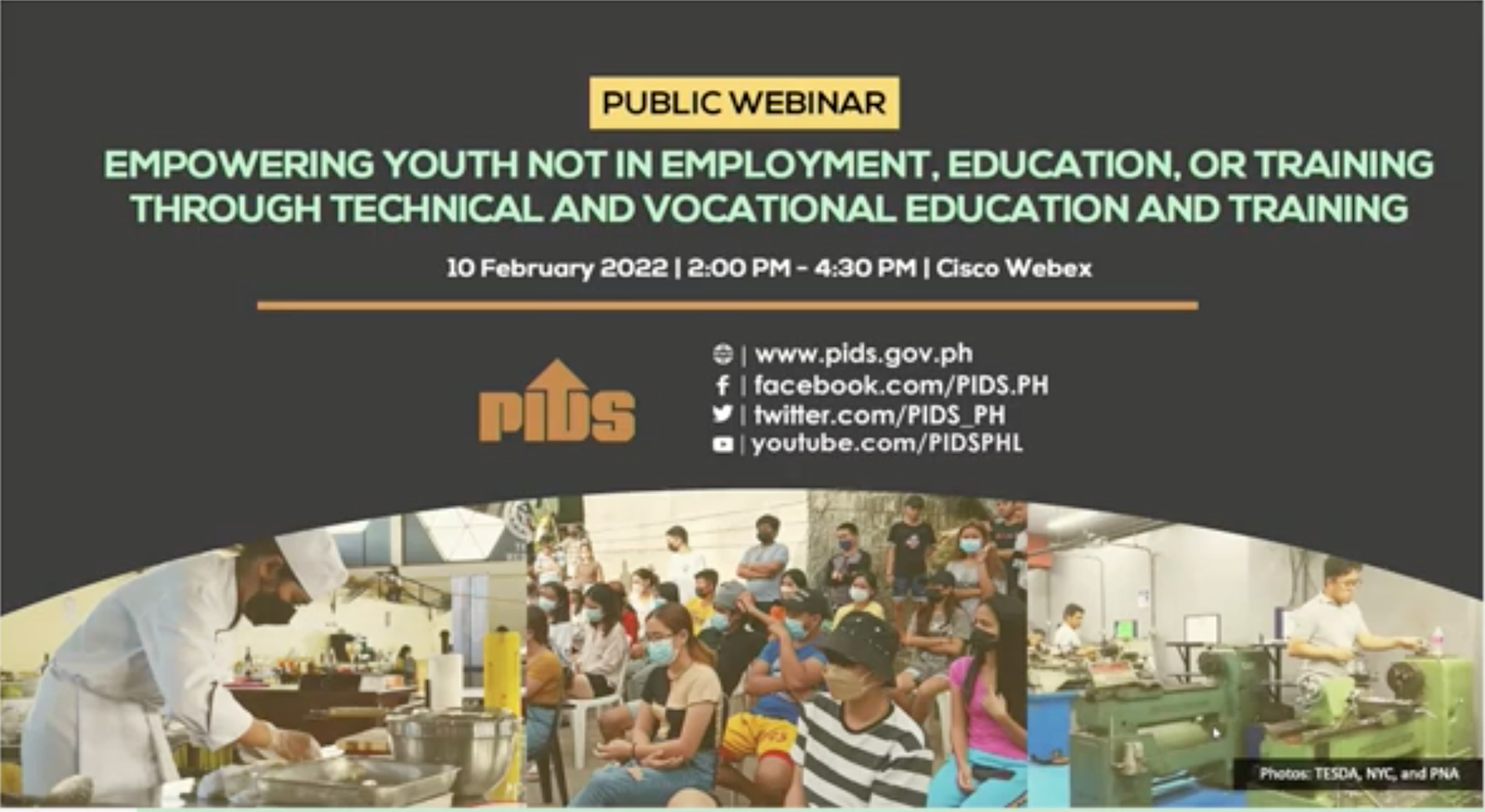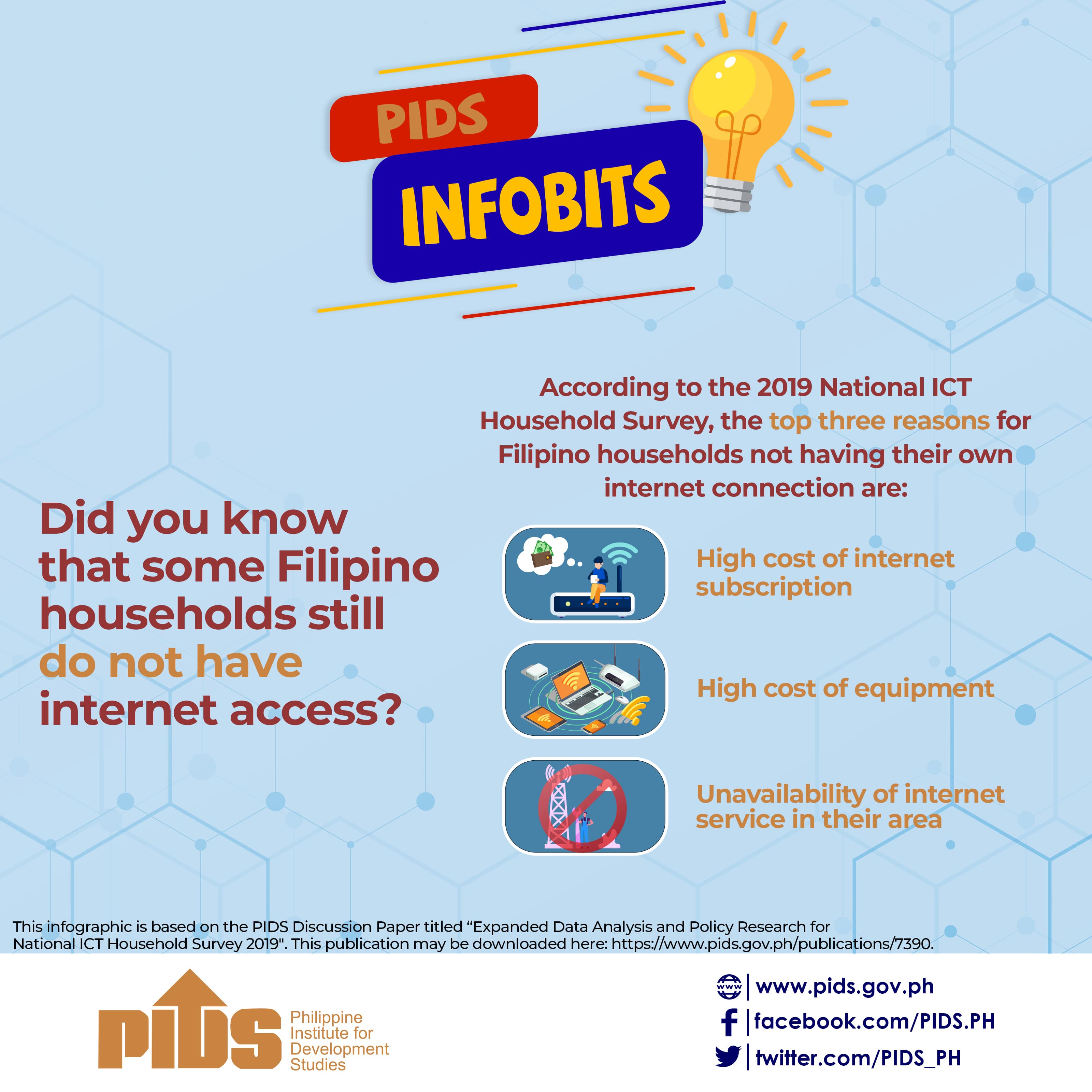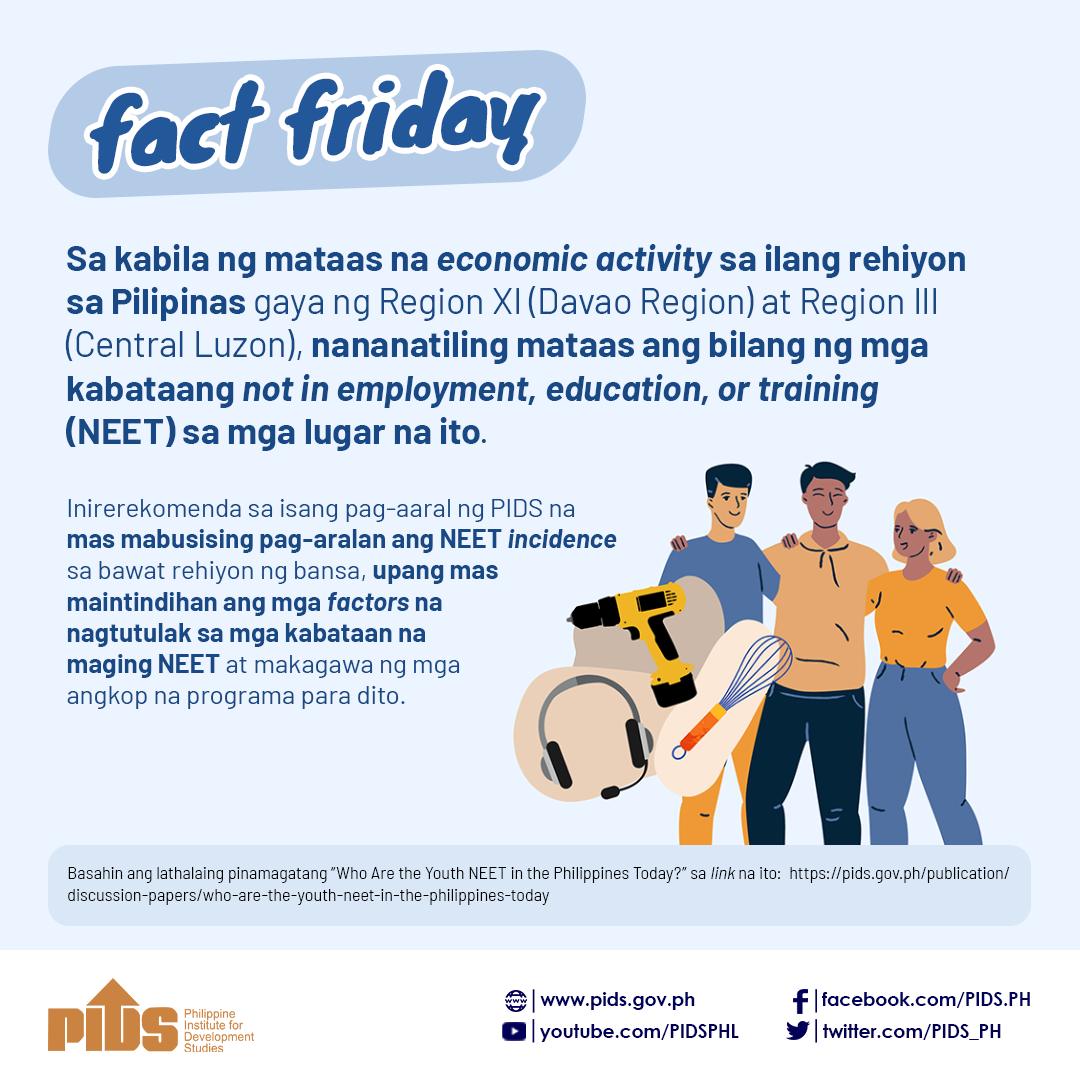World Bank education specialist Takiko Igarashi says the Alternative Learning System currently has low participation and passing rates
Is the Department of Education's (DepEd) Alternative Learning System (ALS) meeting its objectives?
World Bank education specialist Takiko Igarashi recently noted that low participation and passing rates in ALS are indications that the program is "not fully effective."
The DepEd's ALS is a module-based, non-formal way of learning designed for those who cannot afford to go through formal schooling. It has a Basic Literacy Program and a Continuing Education Program, which targets individuals who have not completed basic education.
Speaking at the public seminar "Nurturing Human Capital through Education" hosted by the Philippine Institute for Development Studies this month, Igarashi said the education department needs to improve ALS' program design and encourage more out-of-school adults to enroll in the program.
Igarashi, who specializes in education for disadvantaged groups and co-authored a World Bank report on ALS, said only about 10% of the 6.6 million potential ALS enrollees aged 15 to 30 joined the program in 2017.
Moreover, of the 10% who enrolled, only about 60% regularly attended classes, while about 20% went on to pass the ALS Accreditation and Equivalency (A&E) exam.
The findings of the World Bank report were also more pronounced in poorer communities.
For instance, only 4% of potential learners in the Autonomous Region in Muslim Mindanao enrolled in the program, and about 1% of these learners passed the A&E exam.
Why this matters: During the early months of her office, Education Secretary Leonor Briones said ALS would be the "centerpiece" of the Duterte administration that will complement the K to 12 program. (READ: All eyes on ALS, 'centerpiece' of basic ed under Duterte)
The World Bank, however, said ALS still had high opportunity costs which may not make it an option for many. (READ: Catching up on ALS: Challenges of a 'parallel system’)
"Attending ALS classes reduces the time available for paid work, childcare, and household labor for most participants," Igarashi said.
DepEd's major challenges in funding were also taken into account.
For one, the ALS program is currently financed by providing resources to individual facilitators. Majority of the money given is usually spent on school supplies and transportation, leaving teachers with little to spend on other learning materials.
"The availability of ALS learning modules [is] a persistent challenge on the ground, with 70% of facilitators without enough copies for their students. As a result, only 1 in every 3 active learners can take home the modules for self-learning," Igarashi said.
What can be done: To address the lack of learning modules, the study urged DepEd to decentralize the provision of learning modules so that the department could respond more quickly to requests from facilitators.
It also encouraged DepEd to focus on providing out-of-school adults with skills training to prepare them for better jobs in the future. This could reduce the "high uncertainty of economic returns" of participating in ALS.
"DepEd should assess the current skills trainings offered by ALS facilitators and explore potential training partnerships with local industries and relevant government agencies such as the Technical Education and Skills Development Authority, and the Department of Labor and Employment," the study said.
In addition, the study pointed out the need to maximize the use of public schools that are well-equipped for ALS classes, as well as the need to improve awareness of the program among communities.
The study also urged DepEd to continue regular monitoring of the program to ensure objectives are met.


